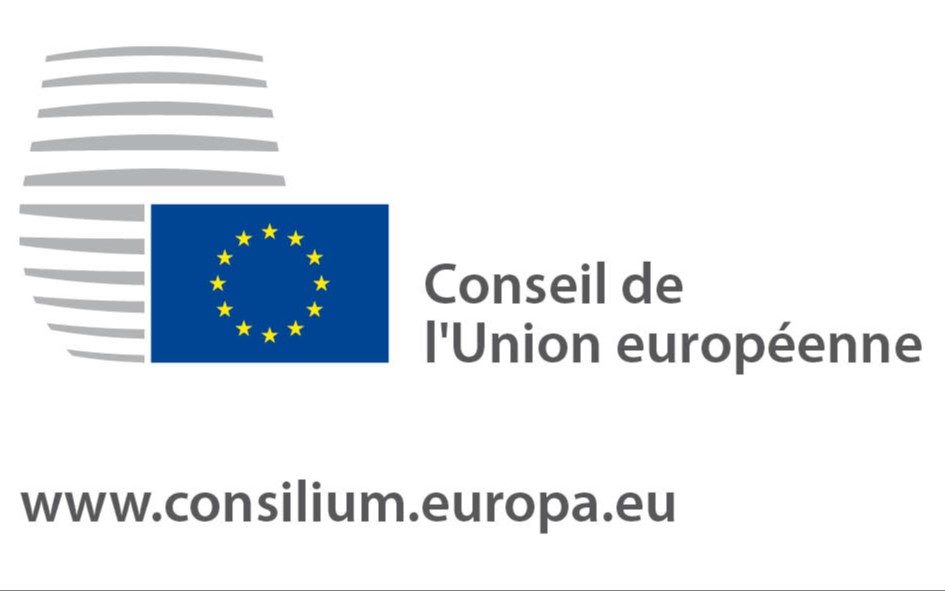Document type: Information note from the General Secretariat of the Council of the European Union
Authors: German and French delegations on behalf of the Austrian, Belgian, Cypriot, Finnish, French, Irish, Luxembourg and Portuguese delegations
Text (original): In the European Union alone, each year, hundreds of millions male chicks from laying henhatcheries are disposed of after hatching, due to a lack of economic value. Indeed, in order to meetthe high demand for eggs from consumers and to reduce production costs, laying hens have beenselected worldwide to produce more eggs. This practice of killing newly born chicks does not meet the expectations of European consumers. The implementation of alternatives to the killing of male chicks is a major challenge for the sector. Several alternatives exist or are currently being explored, developed and optimized by operators and research and development institutes, in particular the sexing of embryos in ovo in order to select only female embryos before hatching, or the fattening of male chicks, including those of dual-purpose strains. At the Council of July 2021, France and Germany, supported by Austria, Ireland, Luxembourg, Portugal and Spain, asked the European Commission for an impact assessment regarding an EU-wide ban of the systematic killing of male chicks. In response to this request, the Commission assured to consider such a ban in the upcoming impact assessments regarding the revision of the animal welfare legislation. In Germany, a ban on the systematic killing of male chicks came into effect on January 1, 2022. In Austria, killing of male chicks without a specific reason was recently banned and Luxembourg banned also the systematic destruction of chicks. In France, a new regulation banning the killing of male chicks came into force at the beginning of2022, with a one-year transition period, in order to allow producers to acquire the necessary equipment while being financially supportedIn that matter, Austria, Belgium, Cyprus, Finland, France, Germany, Ireland, Luxembourg and Portugal recall that this transition affects production costs and that this has to be compensated for within the value chain. During the meeting of the Chief Veterinary Officers of the European Union in January 2022,experiences were shared on this subject. With a view to this progress on national level, as well as the alternatives in place and underdevelopment, Austria, Belgium, Cyprus, Finland, France, Germany, Ireland, Luxembourg and Portugal are looking forward to the Commission's impact assessment, underlining that the inclusion of an EU-wide ban on the systematic killing of male chicks in the legislative proposals announced for 2023 would respond to the consumers' demands for better animal welfare and serve fair competition within the sector.
Another article on the same subject published on 18/20/2022 on the Euractiv France website: Commission proposes phasing out slaughter of male chicks across EU





